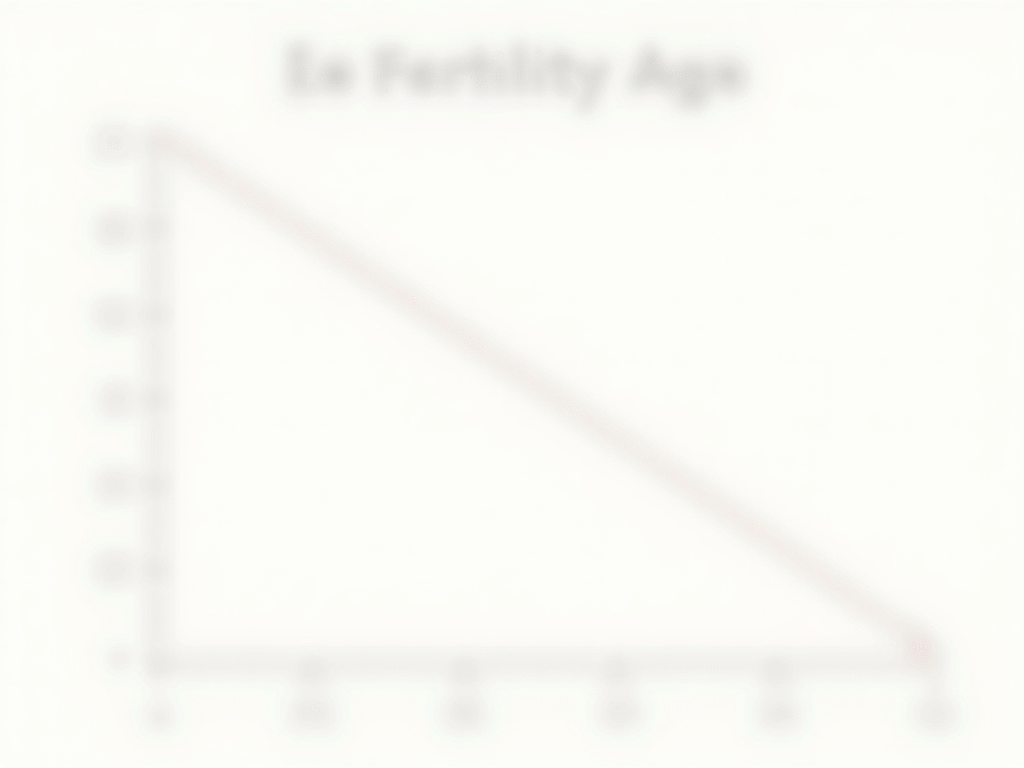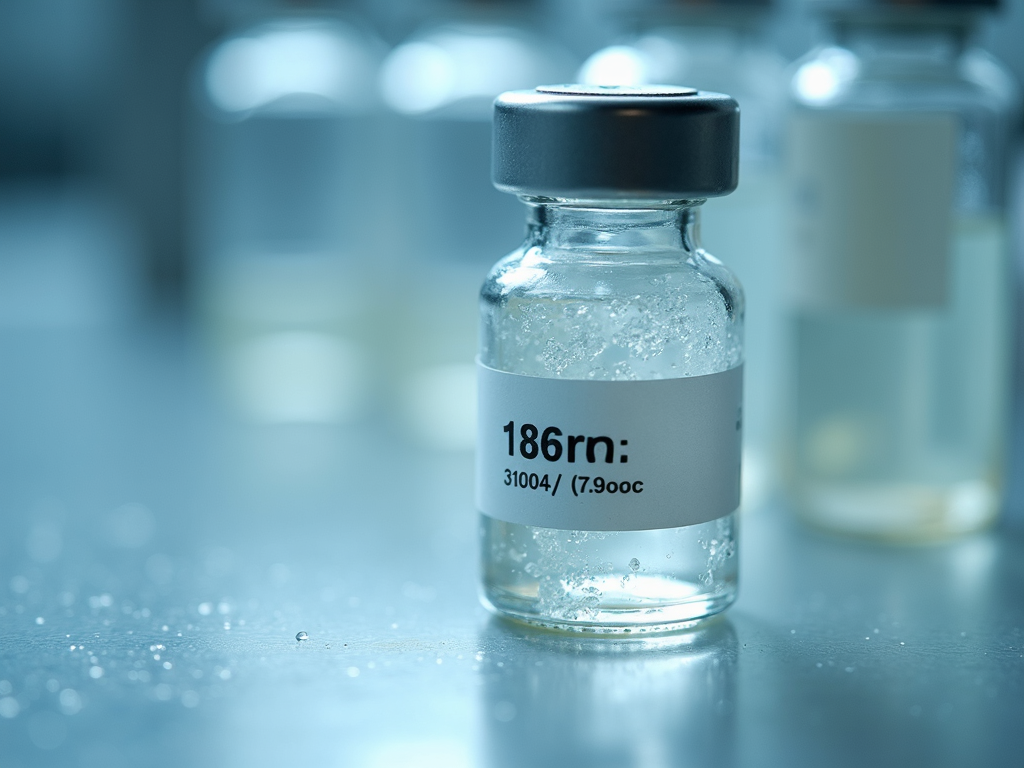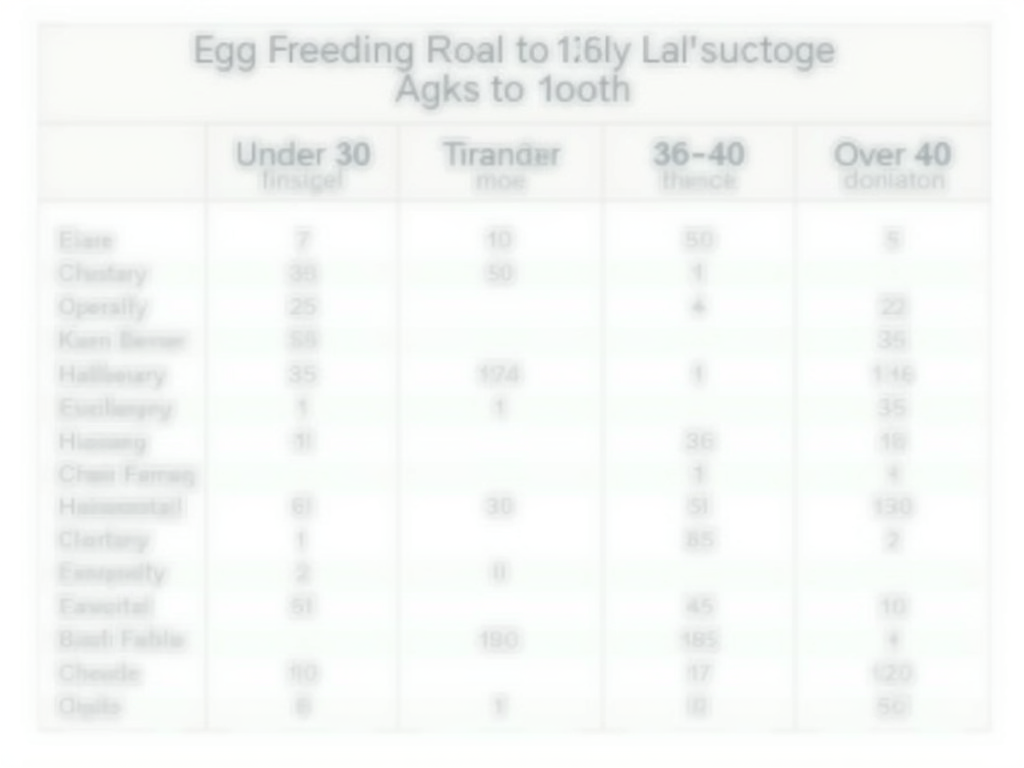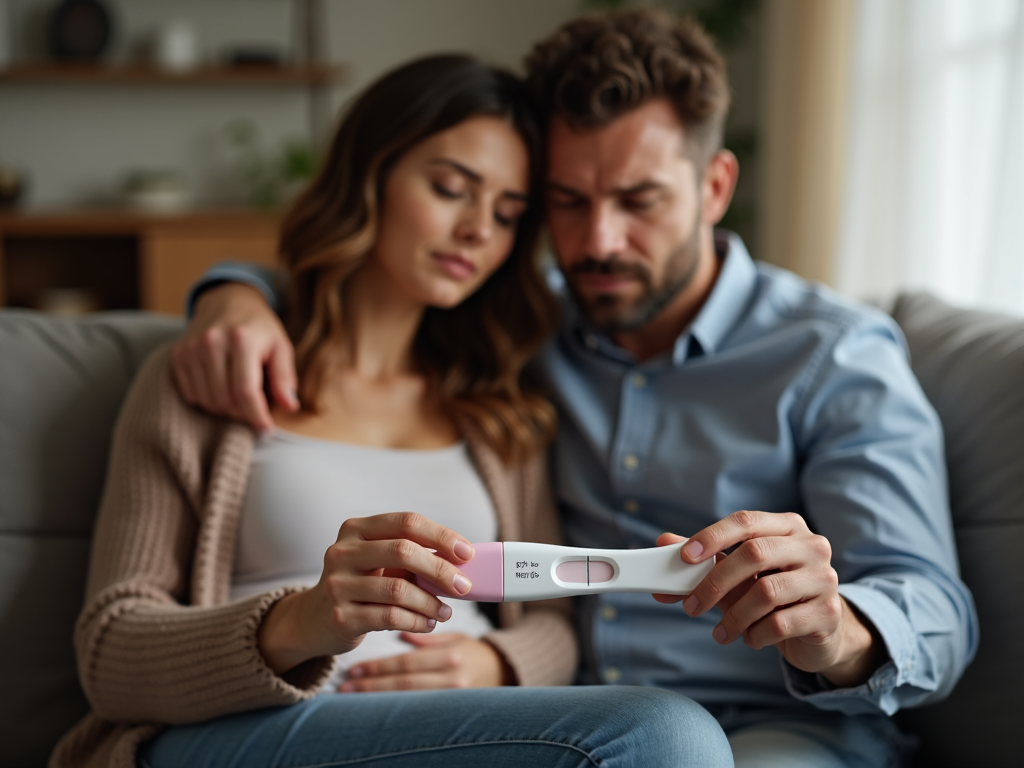Age Factors in Fertility Preservation: What You Need to Know
July 5, 2025, 5:24 p.m.
Age is a critical factor in fertility preservation. As people age, their fertility declines, making it harder to conceive naturally or through treatments like IVF. Egg freezing and sperm banking help people delay parenthood or protect their fertility during medical treatments. But these methods work best when done at a younger age. Understanding how age affects fertility and preservation techniques is key to making informed decisions about your reproductive health.

How Age Affects Fertility in Women
Women's fertility is closely tied to their age due to the natural decline in both the quantity and quality of their eggs. At birth, a woman has approximately 1-2 million eggs, but this number decreases over time. By puberty, she has around 300,000 to 400,000 eggs left. Each month, she loses hundreds of eggs, even if she doesn't ovulate. As she ages, the quality of her eggs also declines, leading to a higher risk of chromosomal abnormalities and miscarriages. By age 30, fertility starts to decline, and it drops more quickly after 35. By the early 40s, the chances of conceiving naturally are much lower.
Egg freezing can help women preserve their fertility by freezing eggs when they are younger and of better quality. But the success of egg freezing depends on age. Eggs frozen before age 35 have a better chance of leading to a pregnancy than those frozen later.

How Age Affects Fertility in Men
Men's fertility doesn't decline as sharply as women's, but age still matters. Sperm quality and quantity can decrease with age, making it harder to conceive. Older men may also have a higher risk of genetic issues in their sperm, which can affect their children's health.
Sperm banking lets men freeze their sperm for future use. Like egg freezing, the success of sperm banking is better when done at a younger age because younger men usually have better-quality sperm.

The Role of Fertility Preservation Techniques
Fertility preservation helps people save their fertility for the future. It's especially useful for those facing medical treatments like chemotherapy that can harm fertility or for those who want to delay having children for personal reasons.
Egg freezing involves stimulating a woman's ovaries to produce multiple eggs, which are then retrieved and frozen. When she's ready to conceive, the eggs can be thawed, fertilized, and implanted through IVF. The process requires hormonal medications and monitoring, and it's important to consider the costs and physical demands.
Sperm banking is simpler: men provide sperm samples, which are frozen. The sperm can be used later for IUI or IVF.
Other options include embryo freezing, where eggs are fertilized before freezing, and ovarian tissue freezing, which involves freezing ovarian tissue for future use. However, these methods may not be suitable for everyone.

Success Rates of Fertility Preservation Methods
Success rates vary based on age, the method used, and overall health. Younger people generally have better success with fertility preservation. For egg freezing, women under 35 have higher chances of success. For sperm banking, younger men have better sperm quality.
It's important to remember that fertility preservation doesn't guarantee a baby, but it can greatly increase your chances, especially if done early.

Personal Insights
I've seen the challenges of infertility up close. Deciding to preserve fertility is personal and often filled with hope and uncertainty.
A friend froze her eggs at 32. She was single and career-focused but wanted kids someday. The process was tough, but she felt empowered by taking control of her fertility.
Another friend, a cancer survivor, banked his sperm before chemotherapy. The treatment affected his fertility, but thanks to the preserved sperm, he and his partner had a child through IVF.
These stories show why it's important to think about fertility preservation early. While age matters, it's never too soon to consider your options.
The Emotional Side of Fertility Preservation
Deciding to preserve your fertility can be emotional. It can bring hope but also anxiety and uncertainty. Support from loved ones and counseling can help. It's okay to feel a mix of emotions.
The Future of Fertility Preservation
New technologies are improving fertility preservation. Researchers are working on maturing eggs in the lab and creating artificial ovaries. For men, there are studies on improving sperm quality. These advancements offer hope for even better options in the future.

Summary
Age greatly affects fertility, making it harder to have children as you get older. Methods like egg freezing and sperm banking can help, but they work best when done young. If you're considering preservation, talk to a specialist to understand your options. The choice is personal, so consider your age and health. For more info, see the recommended readings below.